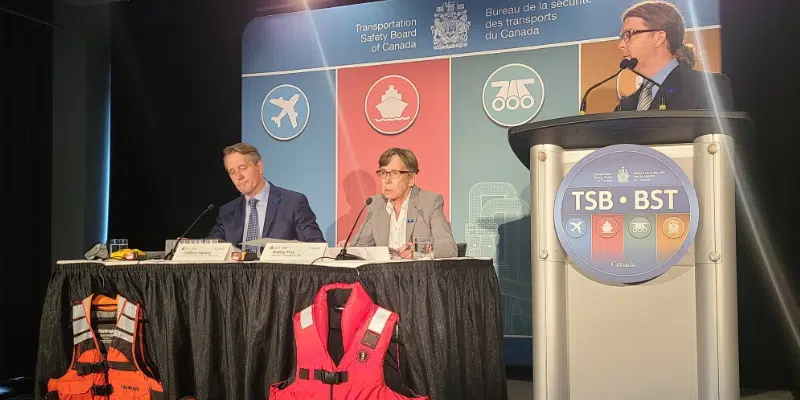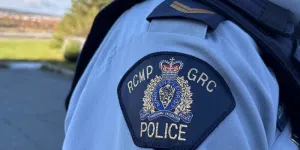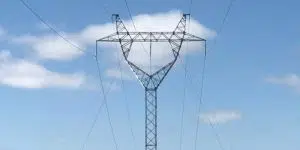The Transportation Safety Board has released its report on the sinking of the Sarah Anne.
The release of the report comes just one week shy of the two-year anniversary of the tragedy, which took the lives of four men.
The TSB says it is likely that the vessel capsized suddenly before any of the crew members would have had a chance to put on safety equipment, deploy a life raft, or put out a distress call.
The TSB says a number of factors contributed to the loss of life. They say no distress call was made, life jackets weren’t worn, the vessel wasn’t monitored by a third party, it wasn’t equipped with an emergency beacon, and the vessel didn’t have a formal stability assessment.
They say the vessel likely capsized suddenly, resulting in the crewmembers entering the water unexpectedly, before having the chance to put on safety equipment or put out a distress call @VOCMNEWS pic.twitter.com/1fL2ch0KsP
— Richard Duggan (@RDugganVOCM) May 18, 2022
Without that assessment, they say the crew was making decisions without knowing the vessel’s safe operating limits, which could have led to it capsizing and sinking.
The TSB has made one recommendation, that DFO require all commercial fishing vessels have current and accurate Transport Canada registration. During the investigation, they found that thousands of vessels registered with DFO were not registered with Transport Canada.
Such registration is required under legislation and allows Transport Canada to provide safety oversight and guidance, and makes accurate information available to search and rescue teams.























